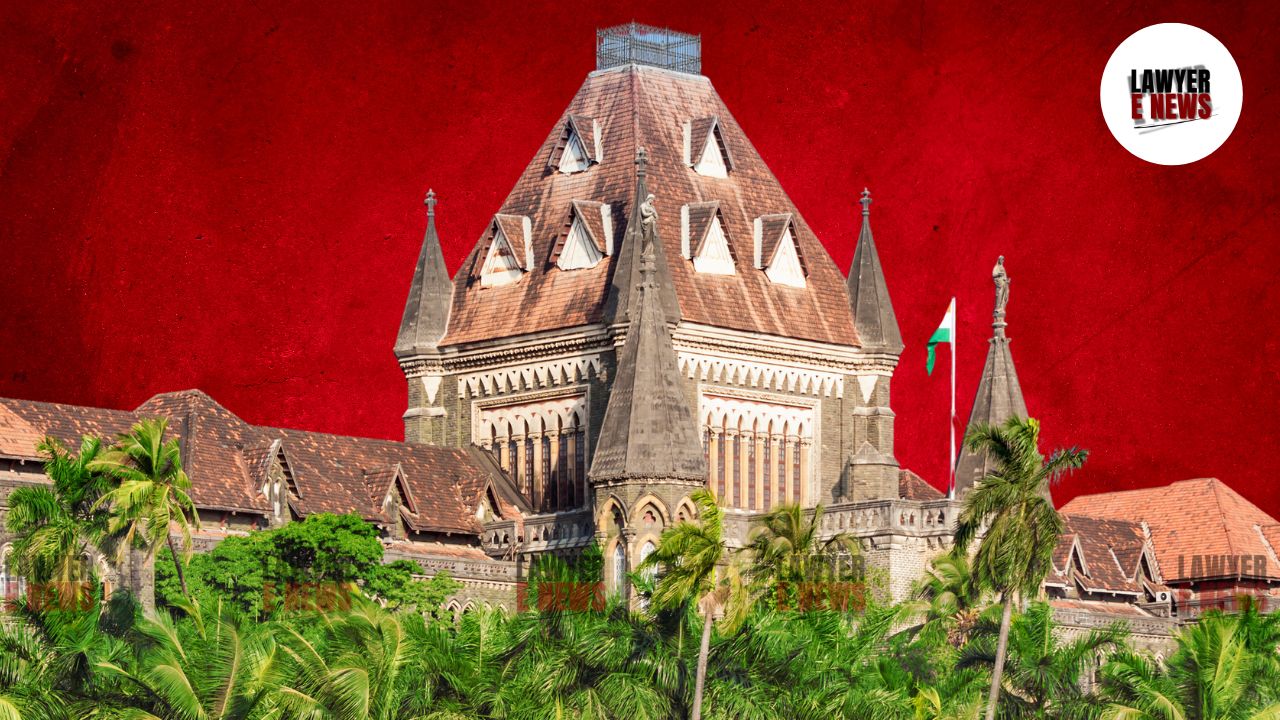-
by Admin
15 February 2026 5:35 AM



Disallowing Purchases Without Concrete Evidence Violates Legal Norms - Bombay High Court, comprising Justices G.S. Kulkarni and Somasekhar Sundaresan, delivered a significant ruling in the case of Ashok Kumar Rungta v. Income Tax Officer 24(1)(1) & Ors. (Income Tax Appeal Nos. 1753, 1759, and 2780 of 2018). The court set aside an Income Tax Appellate Tribunal (ITAT) order disallowing 10% of purchases as bogus despite accepting sales as genuine. The ruling emphasized that disallowing expenses without concrete evidence is arbitrary and violates fundamental legal principles.
The Income Tax Officer (ITO) had alleged that certain purchases made by the appellant-assessee were bogus, leading to the disallowance of 10% of the total purchases under Section 68 of the Income Tax Act, 1961. The appellant challenged this disallowance, arguing that the sales from these purchases were accepted as genuine, and therefore, there was no basis to disallow the purchases. Both the Commissioner of Income Tax (Appeals) [CIT-A] and the ITAT upheld the disallowance of 10%, despite acknowledging that there was no concrete evidence to support the Revenue's claims.
I. Bogus Purchases – Arbitrary Disallowance of 10%
The High Court ruled that the ITAT erred in disallowing 10% of purchases as a "convenient measure" without any concrete evidence or proper reasoning. The court highlighted that the ITAT had accepted that the sales were genuine and that there was no cogent or convincing evidence presented by the Revenue to support the allegation of bogus purchases. The court held:
"Disallowing 10% of expenses without proper justification or evidence is arbitrary and unsustainable."
II. Burden of Proof – Revenue's Failure to Provide Evidence
The High Court underscored that once the ITAT accepted that the sales were genuine, the burden shifted to the Revenue to justify the disallowance of purchases. The court found that the Revenue had failed to present any cogent evidence to support its claims, thereby absolving the assessee from having to prove a negative.
"The ITAT’s failure to explain why the disallowance was warranted reflects a flawed approach," the court noted.
III. Reliance on Precedent – Misapplication of Nikunj Eximp Enterprises Case
The ITAT had relied on the case of CIT v. Nikunj Eximp Enterprises, in which the court had ruled that merely because suppliers did not appear before the tax authorities, it could not be concluded that the purchases were bogus. However, the High Court found that the ITAT misapplied this precedent, as the facts in the current case were different. The court observed that in Nikunj, the entire disallowance was rejected, whereas, in the present case, the ITAT erroneously sustained a partial disallowance without sufficient reasoning.
"In cases where the Revenue has not conclusively proven that purchases are bogus, disallowances should not be upheld as mere compromise measures," the court emphasized.
The Bombay High Court allowed all three income tax appeals filed by the appellant and set aside the ITAT’s decision to disallow 10% of the purchases. The court concluded that disallowing expenses without concrete evidence or detailed analysis was arbitrary and violated basic principles of taxation law.
Date of Decision: October 15, 2024
Ashok Kumar Rungta v. Income Tax Officer 24(1)(1) & Ors.
